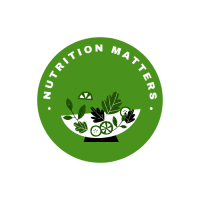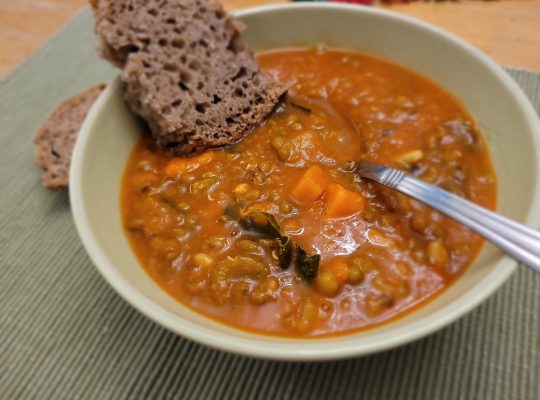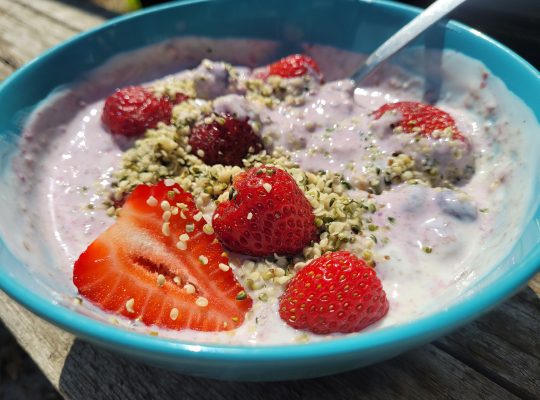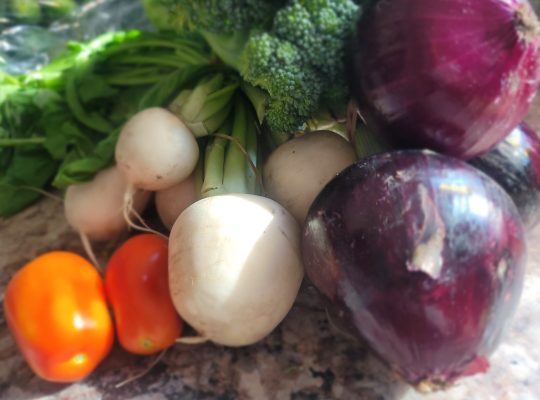I first tried sprouts when I was little (before they were cool, as they say). My dad used to sprout wheat berries in winter, and we would have them with a bit of honey and walnuts sprinkled on top. You had to put in some chewing, but it was a satisfying dessert and as I learned later on, a very nutritious one too.
Have you ever tried any sprouts? They are by no means a new thing, but they have been given lots of attention lately, especially broccoli sprouts. I think we’ll see more added to the body of research from here on, but what we know so far is that small as they are, they are mighty reservoirs of nutrients (vitamins, minerals) and various phytochemicals.
And there’s more to them yet. Let’s dive in!
Why eat sprouts?
If you are new to sprouts but curious, here’s a quick rundown:
- They are easy to grow if you decide to do it yourself
- You can sprout beans, grains, nuts, and seeds
- They have high amounts of bioavailable nutrients, as well as fibre, both soluble and insoluble, and phytochemicals such as sulforaphane
- They can add interesting tastes and textures to your food
- Sprouts are versatile (you can add them to salads, sandwiches and wraps, or bowls) or you can also cook them, albeit lightly (in stir fries for example)
The deep science
The best known these days are broccoli sprouts and for a good reason. They have the highest content of a powerful anti-cancer phytochemical called sulforaphane or SFN, and also the strongest antioxidant power (meaning it can neutralize some of the reactive molecules called free radicals, that can wreak havoc in your cells and tissues.)
A short geeky section: The starting compound is a glucosinolate called glucoraphanin which transforms into SFN in the presence of an enzyme called myrosinase. They are both found in the seeds and sprouts, respectively, as well as in the mature plants, though the latter contain lesser amounts. The two molecules – glucoraphanin and myrosinase – get mixed as soon as cruciferous veggies (or sprouts) are chopped or chewed, and that leads to the formation of SFN. OK, done!
A few reasons why you may want to add broccoli sprouts (and other cruciferous veggies too) to your meals:
- The high content of SFN was shown to reduce the number of a bacteria called Helicobater pylori which is found in the stomach (eating sprouts worked in conjunction with medical treatment too)
- Regular consumption of glucosinolate-rich veggies, hence high in SFN once chewed or chopped, was shown to reduce the incidence of various cancers (lung, prostate, breast, and colon)
- They also have a high content of antioxidant compounds.
Don’t stop at consuming just broccoli sprouts though. Try other cruciferous seeds (radish, arugula, daikon radish), legumes (lentils and mung beans are some of my favourites), sunflower seeds, nuts, and grains too.
Some good reasons, backed by science:
- Many of the anti-nutrients present in some plant foods (phytic acid, oxalates and tannins) are reduced, which allows for better absorption of calcium, iron and also increases protein digestibility
- Sprouts have a higher concentration of beta-carotenes (precursor of vitamin A) than their mature versions
- Same for antioxidant compounds such as chlorophyl, phenolic compounds and vitamin C
- Increased content of soluble and insoluble fibre (good for digestion and a great source of prebiotics for your good gut bacteria) and also helpful in regulating blood glucose levels
Buy or grow them yourself?
You can find them in the refrigerated section of your preferred grocery store, or you can grow them yourself in the kitchen (a rather pain-free process, and quite fascinating too!).
I don’t really buy sprouts because they are easy to grow. If you buy them, make sure they are super fresh. Old, soggy sprouts are a big no no, whether homegrown or bought, because they could harbour pathogenic bacteria and fungus.
Word of caution
Growing your own sprouts is ridiculously easy and you need minimal equipment. You need jars, a mesh of sorts which can be either stainless steel, cheesecloth, or plastic. I am partial to the first option as I find it is the easiest to clean and maintain, plus I have a dose of skepticism when it comes to plastic even when it says BPA-free. Cheesecloth is great as long as you clean it thoroughly and regularly.
Which brings me to the main theme of this section: cleanliness. In general, your kitchen is a place where you do the most cleaning of surfaces and equipment because that’s where food is prepared. When it comes to sprouts here’s my suggestions:
- Use glass jars and clean them with detergent and hot water before and after use
- Same for lids and mesh material, no matter what they are made of
- Buy certified organic sprouting seeds from a reputable store, online or local and follow the soaking and sprouting instructions for each kind
- Once the sprouts are ready, air-dry before you store them in the fridge and consume them within a few days
- Keep them refrigerated at all times to prevent bacteria and fungus growth.
And that’s it! Now it’s up to you to try things out and see what sprouts can do for you. Enjoy!







